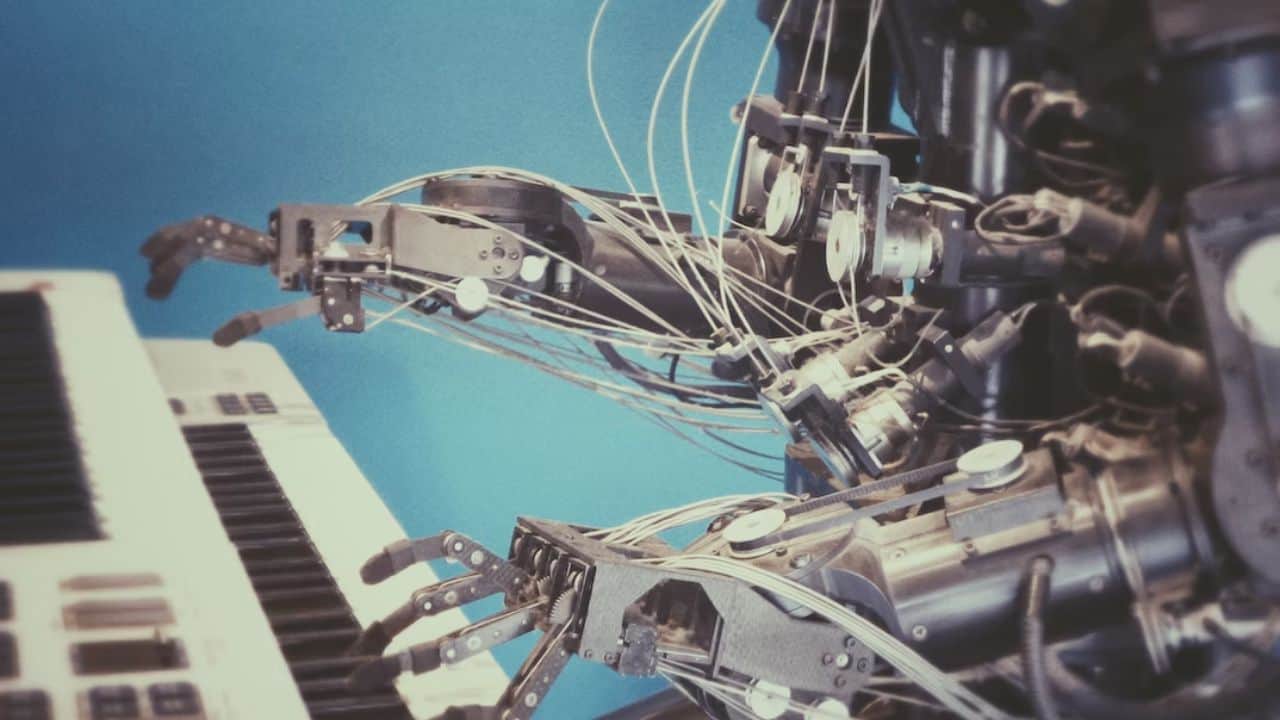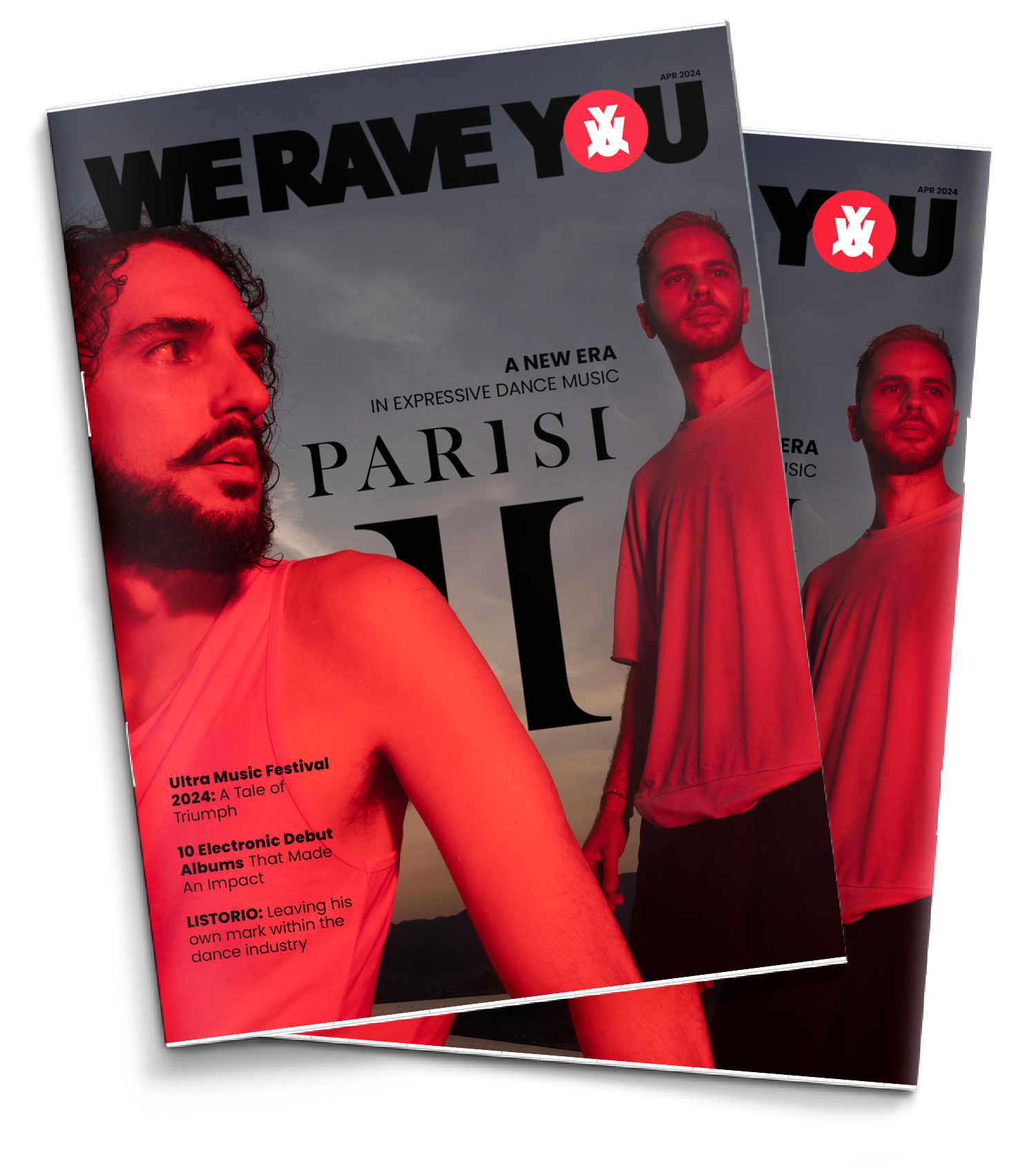

AI in Music: a look at the fears and benefits of the relationship between AI and music
AI gets tackled in Rolling Stone‘s podcast Music Now with guests David Guetta and Vernon Reid. Artists shine a light on the benefits and problems of using AI in music creation and how it impacts the artist.
AI has been a hot topic of conversation throughout the decades, but more seriously in the recent past as new and functional technologies are created and used in the modern world. AI is an issue that many fear as the creation of such technologies seems to provoke these fears and move society towards eliminating the human element from many aspects of the world. Worries over job loss to machines, the destruction of creation and art in the forms of media we all love, and many other highly debated subjects on the matter. Recently, Rolling Stone released a new episode of their podcast series, Music Now (which can be listened to wherever you get your podcasts from), in which host Brian Hiatt sits down to talk with guests David Guetta, Vernon Reid, guitarist of Living Color, and the executives working in Neural DSP.
To kick off the episode, Hiatt begins with his interview with Guetta where they comment on the now viral clip of Guetta performing a song in a set using an AI-generated Eminem voice. Guetta assures Hiatt that the use of the AI was not to create a song to market and profit off of but rather to kick-start a conversation on the use of AI in the music industry. Given technologies like that mentioned by Hiatt in the offset of the podcast, MusicLM, and others such as Lalal.ai, it is obvious that AI is progressing at such a rapid pace. It is becoming increasingly easy for artists to use such programs to build completely new songs from the ground up in the way of production. Hiatt even mentions that,
“I’m pretty sure [MusicLM] has gotten better at making music in the past few weeks.”
Guetta is quick to assure Hiatt that although it is becoming easier to create new music without human creation, that does not necessarily mean it will create good music. Guetta states that,
“I don’t see this as a threat… I just see this as another tool for us to make better records, make better demos.”
Guetta continues one with a direct example of how it can be used as a tool for music that is still original and completely created by human hands and ears. Guetta demonstrates this by saying that if he were to make a demo of a track and he wanted to pitch it to an artist. He could simply plug some lyrics into a voice-replicating AI to get the vocals of whichever artist he wants to pitch the track to in order to show them roughly what the completed song could sound like with the artist’s actual vocals on it. Guetta strongly believes that regardless of the level of integration an artist chooses to use AI in music creation, in the end, it is going to be skill and talent that causes a track to go big:
“Today you can go on ChatGPT and say ‘write me a verse in the style of Drake’. Doesn’t mean that you’re going to say stuff that are exciting enough to beat Drake. I don’t think so… But a lot [AI-created music] comes extremely average, some of it comes good, some of it sucks. But [the artists] still have to choose.”
In the end, Guetta states that with or without AI, music production is becoming less burdensome to begin creating music, and the introduction of AI is just the next step in that process, the newest tool in the toolbox. Ultimately for Guetta, what matters is what the artist has to say and this comes from the artist’s selection, taste, and tone. This is AI’s setback when it comes to music production.
Vernon Reid is a little more worried about AI in music and his worries could perhaps be used as an argument against Guetta’s need for the artist in the music creation process for success:
“You can.. ask ChatGPT4 [to] write a lyric Stevie Wonder has never written before… And you can just hit the re-generate button until somethings ‘wow, that’s actually pretty good’.”
Yet, Reid provides some assurance to this critique as he’d like to believe there are pieces to music creation, more outside the realm of the EDM world, that he believes cannot be simply replicated by AI:
“This is where it’s tricky. It’s not just about playing a lot of super fast notes. You would have to do things that I don’t think are currently.. like bending a note, or doing a vibrato. That’s a physical activity. Doing a slide, I’m talking about sliding your finger on the fret board, not even using a slide… I would like to think that can’t be modeled.”
What worries Reid here is not so much the creation of music using AI to generate tracks from deceased artists or making tracks using artists’ voices without their consent. What he’s most worried about is the total removal of the artist from the process,
“What would stop a music streaming service from creating a completely artificial artist? Give that person a name and biography and just see what happens. See if it gets likes… They are just taking music as a utility.”
Regardless of what side of the argument a fan may fall on, the innovation of AI technologies has already had a drastic and growing impact on the music industry. Artists such as David Guetta and Vernon Reid are opening the door to conversations on such matters which can become greatly important in the shaping of music in the very near future.
Image credits: Possessed Photography on Unsplash


- PARISI cover Interview
- Ultra Music Festival 2024: A Tale of Triumph
